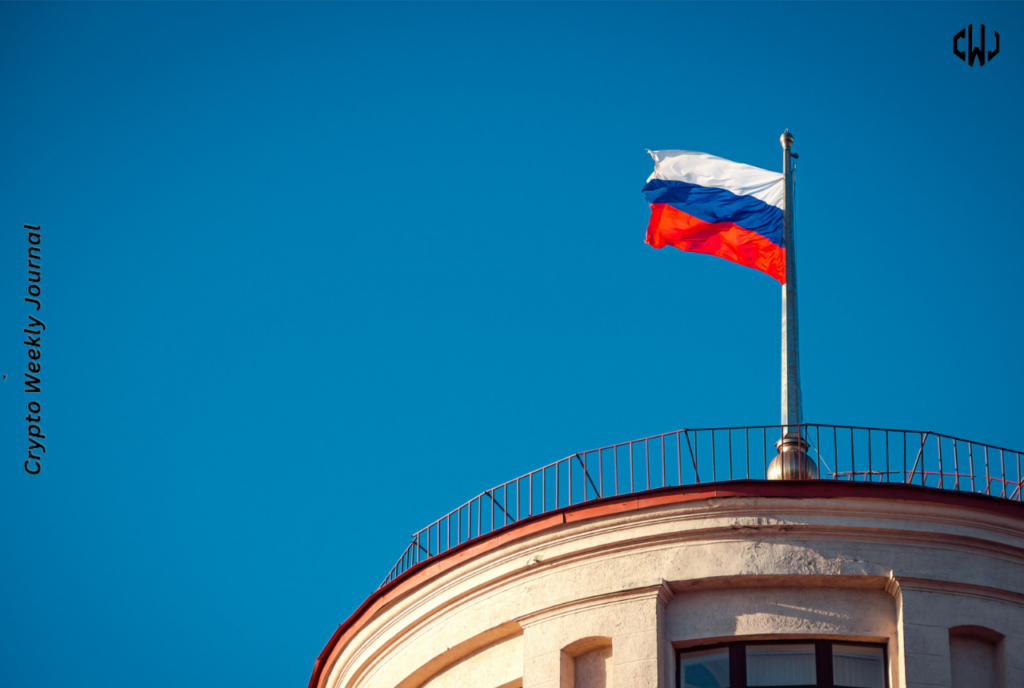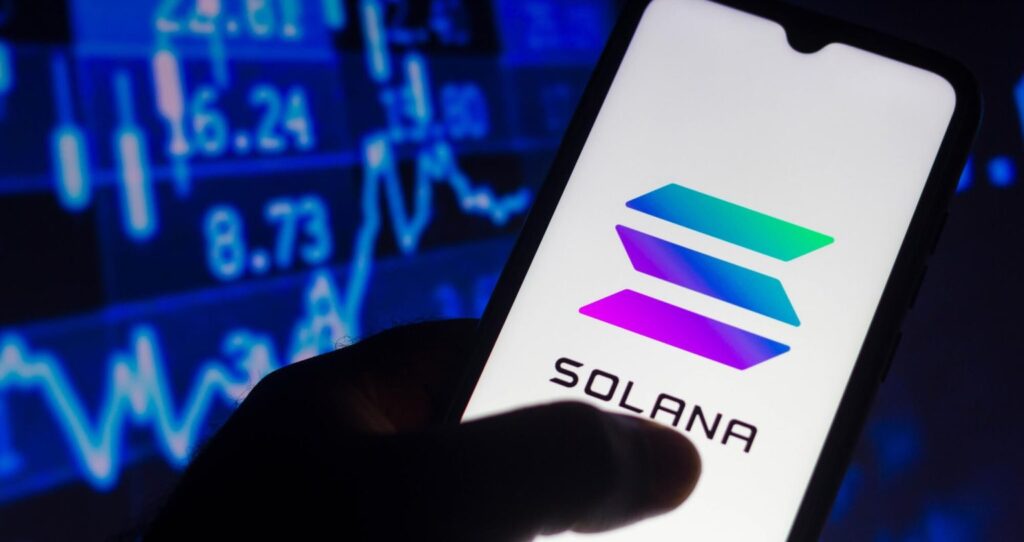- Russia aims to launch cryptocurrency exchange trials in September to facilitate cross-border transactions and alleviate the impact of Western sanctions on its economy.
- The National Payment Card System will be utilized for ruble-cryptocurrency conversions, offering a potential alternative to traditional payment methods.
- While Russia has made strides in legalizing crypto, challenges remain in implementing a robust regulatory framework and addressing potential geopolitical consequences.
Russia plans to initiate cryptocurrency exchange trials as early as September 1, focusing on facilitating cross-border transactions. This move includes utilizing the existing National Payment Card System for ruble-cryptocurrency conversions. In response to Western sanctions, Russia has shifted its stance on cryptocurrencies, exploring digital assets as a means to bypass these restrictions.

Sources close to the matter revealed that the goal is to lift the payment burden for its exporters, caused by restrictions related to Moscow’s war in Ukraine. Additionally, the National Payment Card network was chosen due to its preexisting functions, such as an interbank settlement and clearing feature, and its full regulation by the central bank. The experiment if successful, could offer the nation an alternative payment method for cross-border transactions. Russia is facing difficulties in procuring foreign supplies with fiat which has left exporters struggling to get reimbursed.
The war has left significant economic consequences for the country, and crypto could offer a lifeline for its trade and financial relations. The shift also reflects Russia’s broader strategy of reducing its dependence on Western financial systems.
Russia Plans to Launch Two More Digital Exchanges
Previously, the nation planned to launch two new cryptocurrency exchanges as part of its strategy to boost its digital finance sector. According to the local newspaper Kommersant, the first exchange will focus on foreign economic and trade activities and is expected to leverage the St. Petersburg Currency Exchange (SPCE) database. This platform aims to facilitate foreign transactions, allowing Russian businesses to circumvent traditional financial systems, especially in light of ongoing international sanctions.
That said, the nation has made strides in legalizing crypto, but implementing a robust regulatory framework remains a challenge. The latest move to embrace digital assets might also have potential implications such as further escalating tensions with the West and potentially leading to new sanctions or restrictions. While the long-term impact on Russia’s financial system and its integration into the global economy remains uncertain, Russia’s experiment could contribute to the broader adoption of cryptocurrencies as a means of international payment.



